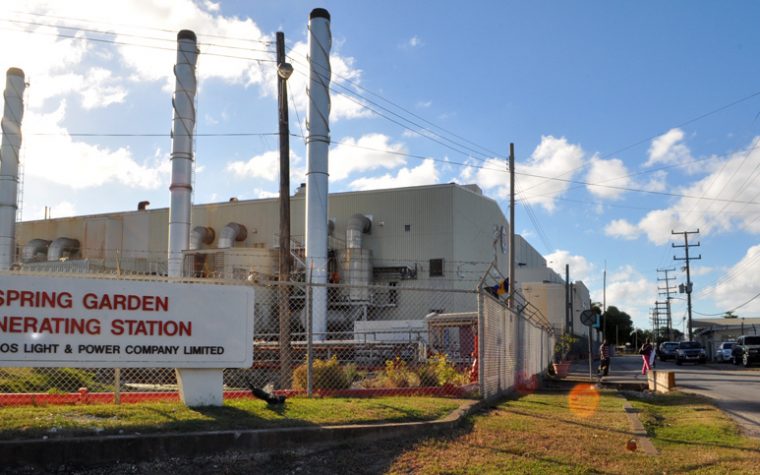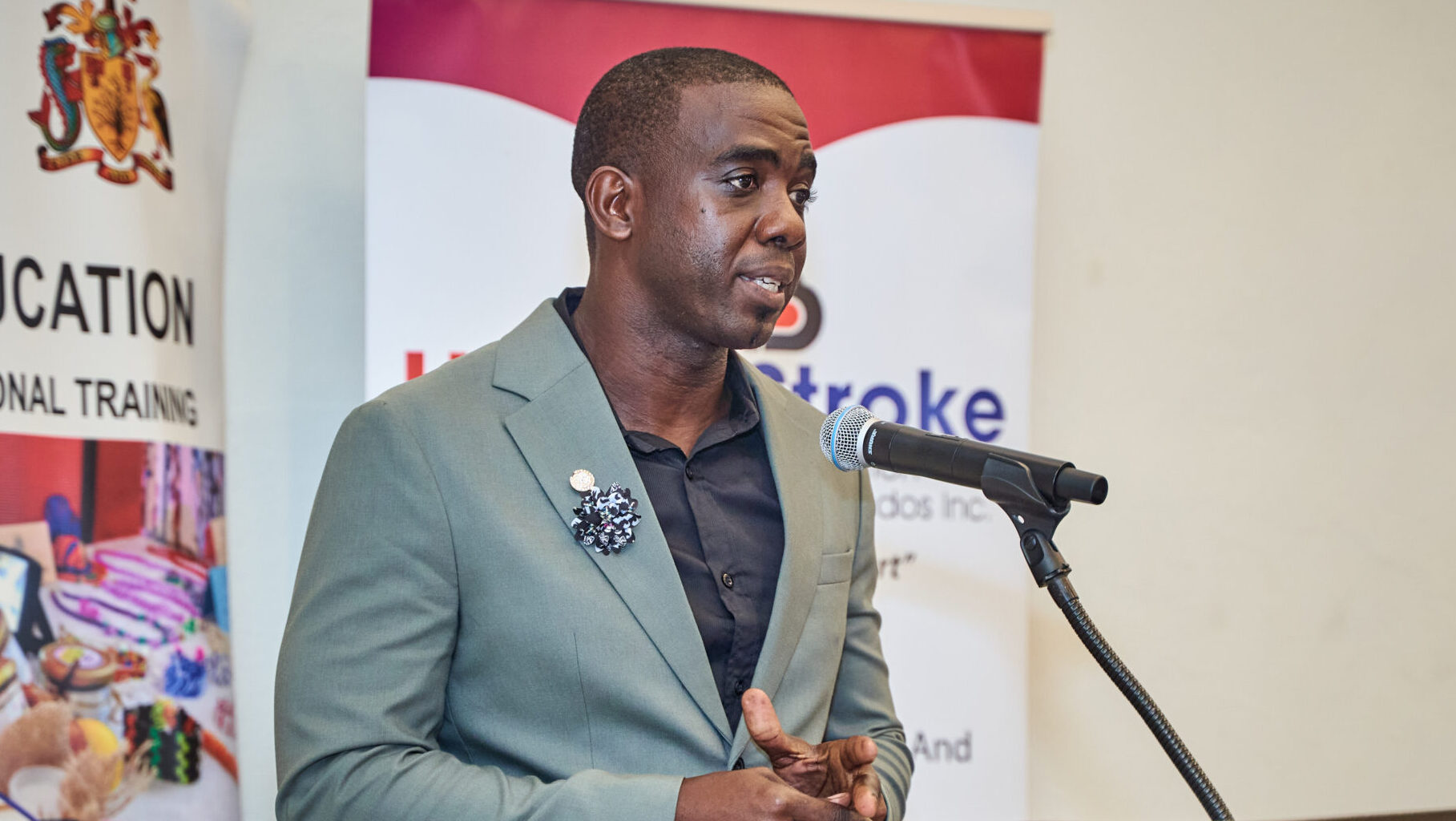Antigua and Barbuda's Economy Continues to Rebound from COVID-19 Contraction, Says IMF.

January 24, 2024
Antigua and Barbuda's economy is expected to recover from the pandemic-induced contraction, with projected growth of 5.7%. The IMF emphasizes the importance of fiscal adjustments and collaboration to address imbalances and strengthen growth prospects.
WASHINGTON – The executive directors of the International Monetary Fund (IMF) Tuesday said that Antigua and Barbuda’s economy continues to bounce back from the sharp contraction experienced during the COVID-19 pandemic.
The executive, which concluded the Article IV consultation with the island, said real activity is expected to return to pre-pandemic levels this year, with growth projected at 5.7 per cent, driven by a rebound in tourism and construction activity.
It said inflation has declined from 2022 peaks but remains elevated at 6.6 per cent accompanied by moderating core inflation.
“The financial sector is well capitalised and liquid and the share of nonperforming loans is stable, with credit growth remaining weak.”
The IMF said the fiscal position has improved as the deficit and debt have declined, though gross financing needs remain high. Improved revenues and continued public sector payroll restraint, along with a rise in nominal gross domestic product (GDP), have brought down the primary deficit to 1.7 per cent of GDP and the public debt to 87 per cent of GDP in 2022.
In their assessment, the executive directors welcomed Antigua and Barbuda’s robust recovery noting that while the near-term growth outlook is favourable, it remains subject to downside risks, including from weaker tourism performance, unfavourable financing conditions, and natural disasters.
They emphasized the need for decisive actions to address fiscal and external imbalances and further efforts to improve growth prospects and build resilience. Directors highlighted the importance of continued close collaboration with the fund and other development partners to address imbalances and build capacity.
The IMF directors underscored the need for fiscal adjustment and welcomed the authorities’ focus on revenue mobilisation and expenditure restraint. Important measures include limiting discretionary tax exemptions and broadening the Antigua and Barbuda Sales Tax (ABST) base.
They agreed that these measures should be supported by a sound cash and debt management strategy, focused on lengthening debt maturities and contingency planning. “Recognising the importance of restoring debt sustainability, directors stressed the need for close engagement with creditors and domestic suppliers and a concrete plan to resolve existing arrears and avoid new arrears. They also recommended strengthening the social safety net to provide more targeted support for the vulnerable and centralising programmes to reduce coverage gaps and avoid duplication.”
The IMF directors also agreed that fiscal institutions should be enhanced to support the credibility of the fiscal framework as well as addressing shortcomings in the transparency and exchange of information frameworks for tax purposes would facilitate an exit from the European Union list of noncooperative jurisdictions for tax purposes.
The directors welcomed that the financial sector remains stable and liquid and encouraged continued measures to strengthen financial stability and recommended enhancing the oversight and regulation of credit unions and incorporating climate risks into the stress testing framework. (CMC)

